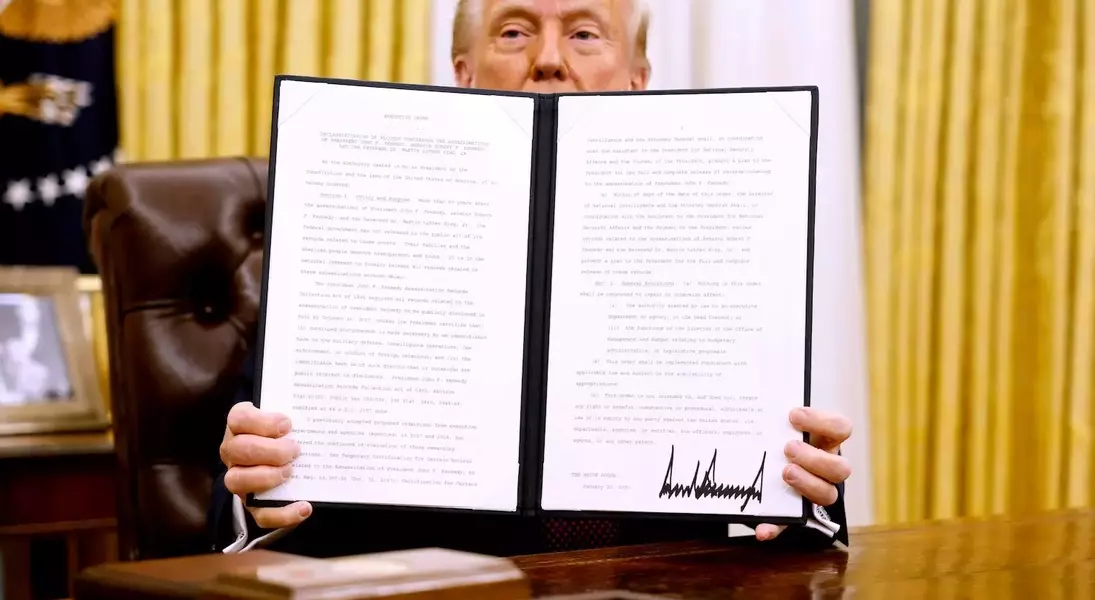Amidst the political turbulence surrounding the Trump administration, one federal agency has taken a stand for judicial authority. The National Institutes of Health (NIH) has officially ended its spending freeze and resumed grant issuance in accordance with court orders. This decision marks a significant moment in the ongoing struggle between executive power and judicial oversight.
Restoring Trust and Upholding Justice: The Critical Role of Federal Agencies in Safeguarding Democracy
Initial Hesitation and Legal Challenges
The journey to compliance began on January 28 when the first Temporary Restraining Order was issued by the U.S. District Court for the District of Rhode Island. This order required federal agencies to resume spending by February 3. However, it wasn't until February 12 that the NIH finally acted. During this period, the agency remained non-compliant, raising concerns about the erosion of democratic norms.The delay prompted immediate attention from the judiciary. The District Court judge in Rhode Island issued a second ruling, emphasizing the need for immediate action. This stern rebuke highlighted the importance of adhering to legal mandates and underscored the potential consequences of administrative defiance. The court demanded that the government "immediately restore frozen funding" and "end any federal funding pause."A Shift in Policy and Compliance
The NIH's eventual compliance came through a memo from Deputy Director for Extramural Research Michael Lauer and Chief Grants Officer Michelle Bulls. Addressing the grants management officers, they confirmed that the agency would now comply with the restraining orders. This shift in policy reflects a broader tension between executive directives and judicial oversight.While the NIH's actions are a step in the right direction, the delay raises questions about the broader implications of such behavior. The administration's reluctance to follow court orders not only undermines trust in governmental institutions but also sets a dangerous precedent. It challenges the foundational principles of checks and balances that are crucial to a functioning democracy.The Broader Implications for Democratic Norms
This episode serves as a stark reminder of the fragility of democratic norms. The Trump administration's approach—alternating between compliance and defiance—highlights a troubling trend. On one hand, the administration's willingness to engage in legal battles might be seen as an attempt to maintain a semblance of legitimacy. On the other hand, it signals a readiness to challenge judicial authority whenever it conflicts with executive goals.Enforcement of court orders relies heavily on voluntary compliance and respect for established norms. In this context, the NIH's compliance, albeit delayed, is a positive development. However, the administration's overall stance suggests a willingness to push boundaries, potentially leading to further confrontations with the judiciary.Looking Forward: The Future of Executive-Judicial Relations
As the administration continues to navigate these complex dynamics, the role of federal agencies like the NIH becomes increasingly critical. Their adherence to court orders plays a vital part in maintaining the integrity of democratic processes. While the NIH's actions represent a victory for judicial oversight, they also highlight the ongoing challenges faced by those tasked with upholding the rule of law.In the coming months, the relationship between the executive branch and the judiciary will likely remain under scrutiny. The ability of federal agencies to balance administrative directives with legal obligations will be key to preserving the delicate equilibrium that sustains our democratic system.You May Like

